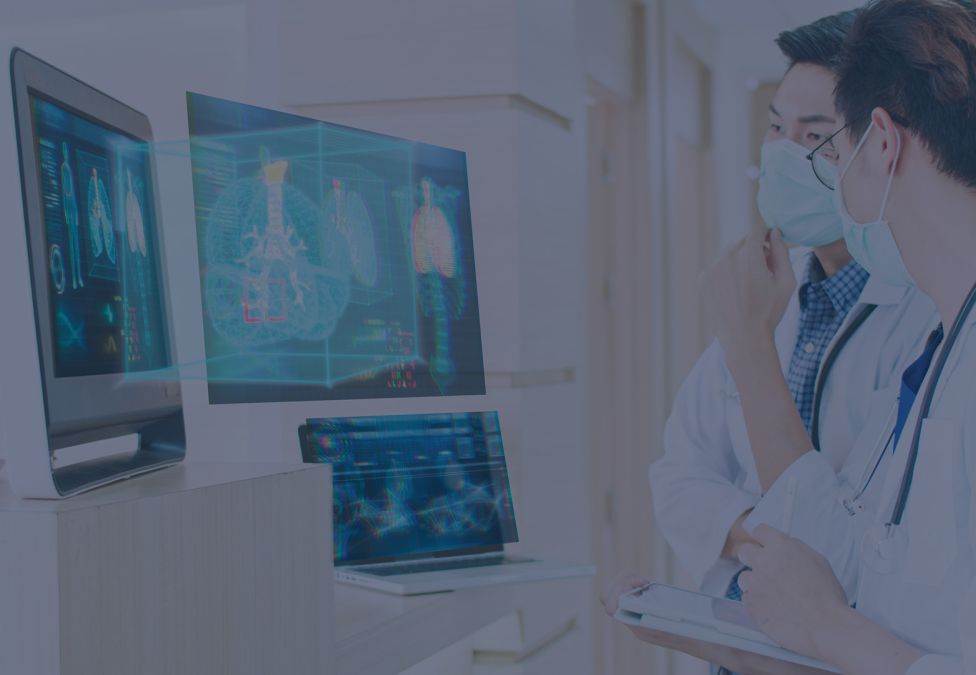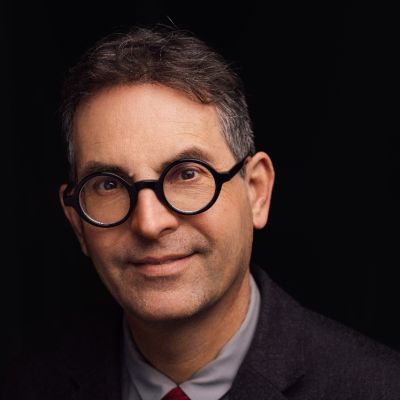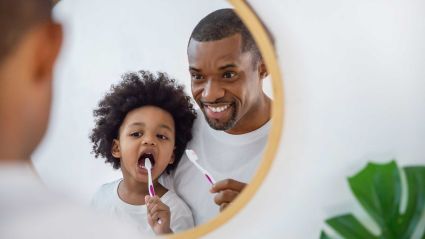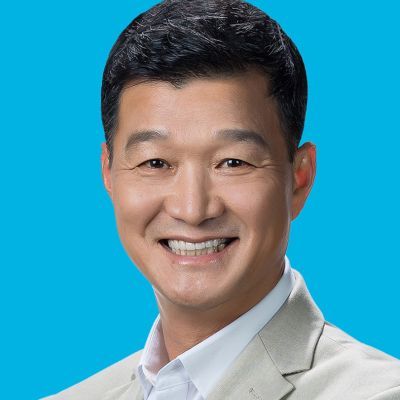
While artificial intelligence (AI) algorithms have become digital tools that shape and influence many aspects of our lives, until recently, health care stood as an exception. As a field that is both deeply emotional and scientifically rigorous, health care is often slow to adopt transformation, including AI. However, we have reached a critical juncture—a confluence of expertise, data, and opportunity—where AI algorithms are impacting care by being translated into innovative end-to-end solutions and, most importantly, by proving we can transform our current ailing health-care system into a better platform model of care.
Many advances in health care are first met with skepticism, which is often well-founded. For AI in health care, this includes data privacy and ownership, sustaining or worsening existing biases and inequities, and a general disquiet in not trusting something so complex. Yet I have gone on record as stating that we must run—not walk—toward AI in health care. The current issues with health-care systems around the world will progressively worsen as populations age and costs rise if we do not take responsibility for bringing AI into patient care. A better, AI-powered future of health care is not ten or even five years down the road—it is right now, and it is the responsibility of all in health care to make this a reality for our patients.
A better, AI-powered future of health care is not ten or even five years down the road—it is right now.
Today, many of the world's leading health-care institutions—including Mayo Clinic—use AI to improve diagnostic capabilities, detect symptoms of disease earlier, enhance clinical decision-making, and automate rote tasks to minimize administrative burden for providers. These initial tools have proven the feasibility and efficacy of AI in health care, and, as digital tools, AI is inherently scalable: A fully developed and validated AI algorithm at Mayo Clinic can just as easily improve outcomes for patients across the world. If we step up and take responsibility to discover new ways to use AI; to validate it before use; to set rigorous, transparent AI standards; and to lead rather than follow; we will not only improve clinical outcomes but also transform health care by driving novel lines of inquiry, resulting in new, lifesaving treatments.
Integrating AI into health care means solving challenges inherent to both fields. We must ensure data are highly interoperable. AI tools must fit intuitively into existing workflows, creating less—not more—of a burden. We must ensure we eliminate bias from any AI tool and validate safety and efficacy across different population groups, in part by setting standards and norms for health AI, so that both patients and providers know that clinical AI is fit for purpose and trustworthy. While these are significant challenges, they are also challenges that we, working together across health care and technology, can solve.
However, we cannot look to AI as a panacea to the larger structural problems affecting health-care systems. Taking full advantage of AI will require a reimagining of our physical health-care infrastructure. We have to create new physical and digital infrastructure that is highly integrated, with flexible, welcoming spaces where patients can receive care.
We also cannot hope to take advantage of the transformative potential of health care powered by AI if we do not also transform our entire health system from our current pipeline model to a platform model. A platform model is one where providers, researchers, and health partners not only effortlessly collaborate, but where tools can also scale, adapt, and flourish in a model that is more accessible and intuitive to patients and providers alike.
This future of health care is one where an AI-powered smart device alerts a patient of an abnormal heartbeat. An AI-based health system app seamlessly triages the patient to an appointment with the right cardiologist in their area. During the appointment, the cardiologist assesses the patient and uses an AI-enhanced health record to help determine the most effective course of treatment. The data then become part of the platform, used by researchers and AI tools to find new approaches and treatments within cardiology and across all of health care.
This is not the future of health care—it is the present if we embrace the transformative power of AI and a platform model of health care.















